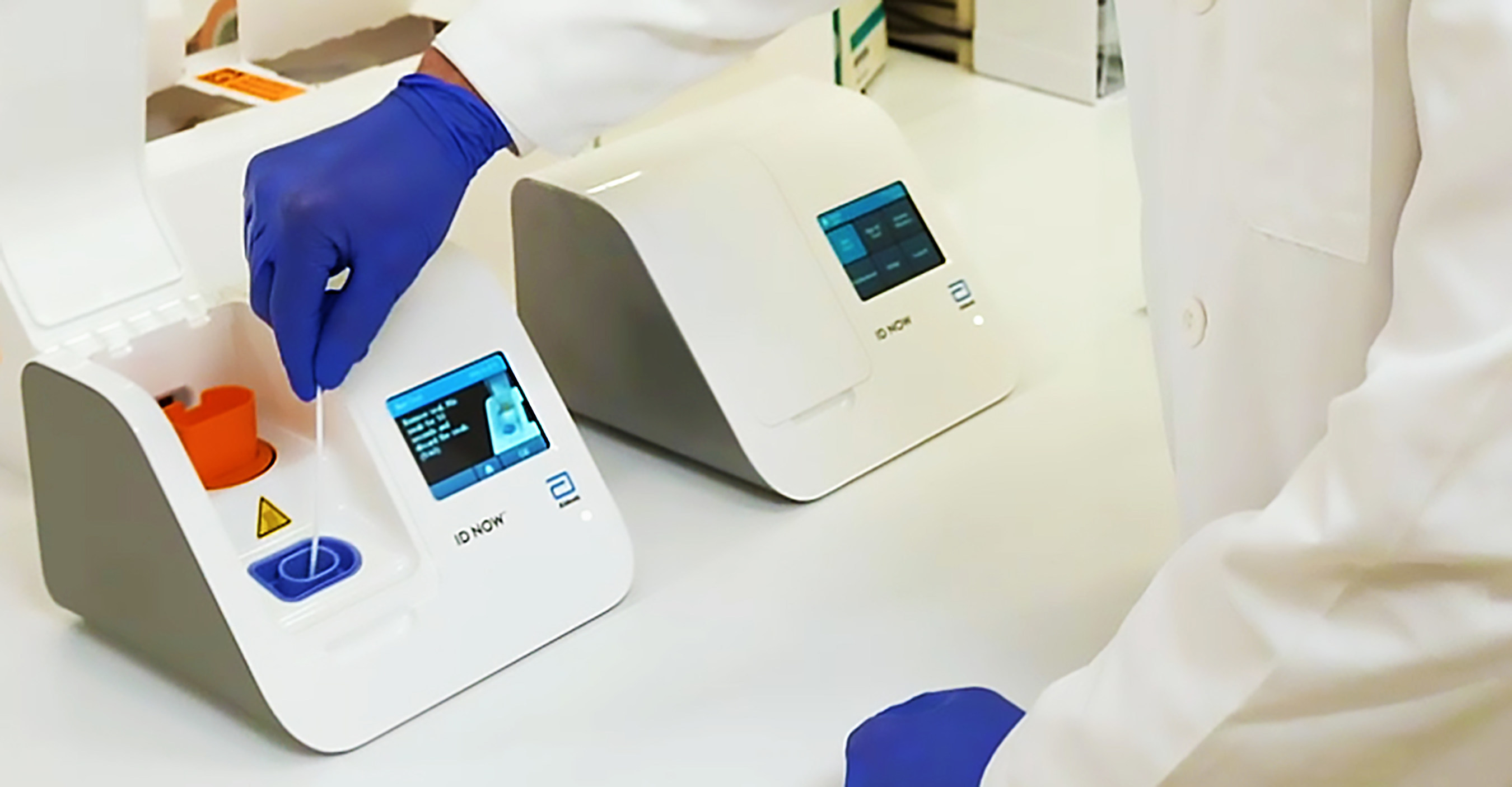Rapid Detection Test for Infectious Bronchitis Virus in Poultry
The rapid detection of infectious bronchitis virus (IBV) is critical in poultry farming to prevent the spread of this highly contagious viral disease. IBV can cause significant economic losses by affecting egg production, hatchability, and overall bird health. Early diagnosis allows for immediate measures such as culling affected birds, disinfection, and quarantine, which are essential steps in controlling outbreaks.
Our test employs advanced molecular techniques to detect the presence of IBV RNA in poultry samples. This method ensures high sensitivity, enabling early detection even at low viral loads. The assay is designed with a dual purpose: not only diagnosing active infections but also identifying latent carriers that could pose a threat to future batches.
Compliance with international standards such as ISO and EN is paramount in our testing protocols. We use reverse transcription polymerase chain reaction (RT-PCR) technology, which amplifies the target viral RNA sequences to generate detectable levels of DNA. The test kit includes all necessary reagents for sample preparation and real-time PCR analysis.
| Step | Description |
|---|---|
| Sample Collection | Poultry samples can be collected from various sources such as tracheal swabs, cloacal swabs, or egg contents. Samples must be kept at a low temperature to preserve viral integrity. |
| Sample Preparation | The collected samples are subjected to RNA extraction using commercial kits that remove contaminants and provide high-quality nucleic acids suitable for PCR analysis. |
| RT-PCR Amplification | The extracted RNA is converted into complementary DNA (cDNA) through reverse transcription. Specific primers targeting the IBV genome are used to amplify the target sequences. |
| Detection and Analysis | Real-time PCR is performed using fluorescent-labeled probes that bind specifically to the amplified DNA products. The threshold cycle (Ct) values are analyzed to determine positivity or negativity of IBV. |
The test provides results within approximately 1 hour, making it suitable for point-of-care testing in poultry farms and veterinary clinics. This rapid turnaround time is crucial given the fast-acting nature of IBV which can spread rapidly under favorable conditions.
- High specificity: The assay targets unique regions of the IBV genome ensuring minimal cross-reactivity with other viruses.
- Cost-effective: By identifying infected birds early, farmers can avoid larger-scale outbreaks and reduce the need for extensive culling.
- Eco-friendly: Our methods minimize the use of antibiotics, promoting sustainable poultry farming practices.
Why It Matters
Infectious Bronchitis Virus (IBV) is a significant challenge in the global poultry industry. The virus has numerous serotypes and strains, each capable of causing severe economic losses through reduced egg production, decreased hatchability rates, and increased mortality among young chicks. Early detection and intervention are vital to mitigate these impacts.
Our rapid test provides several advantages over traditional diagnostic methods:
- Rapid Results: Unlike culture-based tests which can take days, our RT-PCR assay yields results in under an hour. This speed allows for immediate management of the outbreak.
- High Sensitivity and Specificity: The test ensures accurate detection even at low viral loads, reducing false negatives and positives compared to serological tests.
- Cost Efficiency: Early identification helps in targeted treatment rather than blanket quarantine or culling, thereby saving resources and improving farm profitability.
The ability to detect IBV carriers also plays a crucial role in preventing the spread of the virus. By identifying these birds early, farmers can implement isolation protocols effectively. This proactive approach not only protects the current flock but also ensures that future batches are at lower risk of infection.





